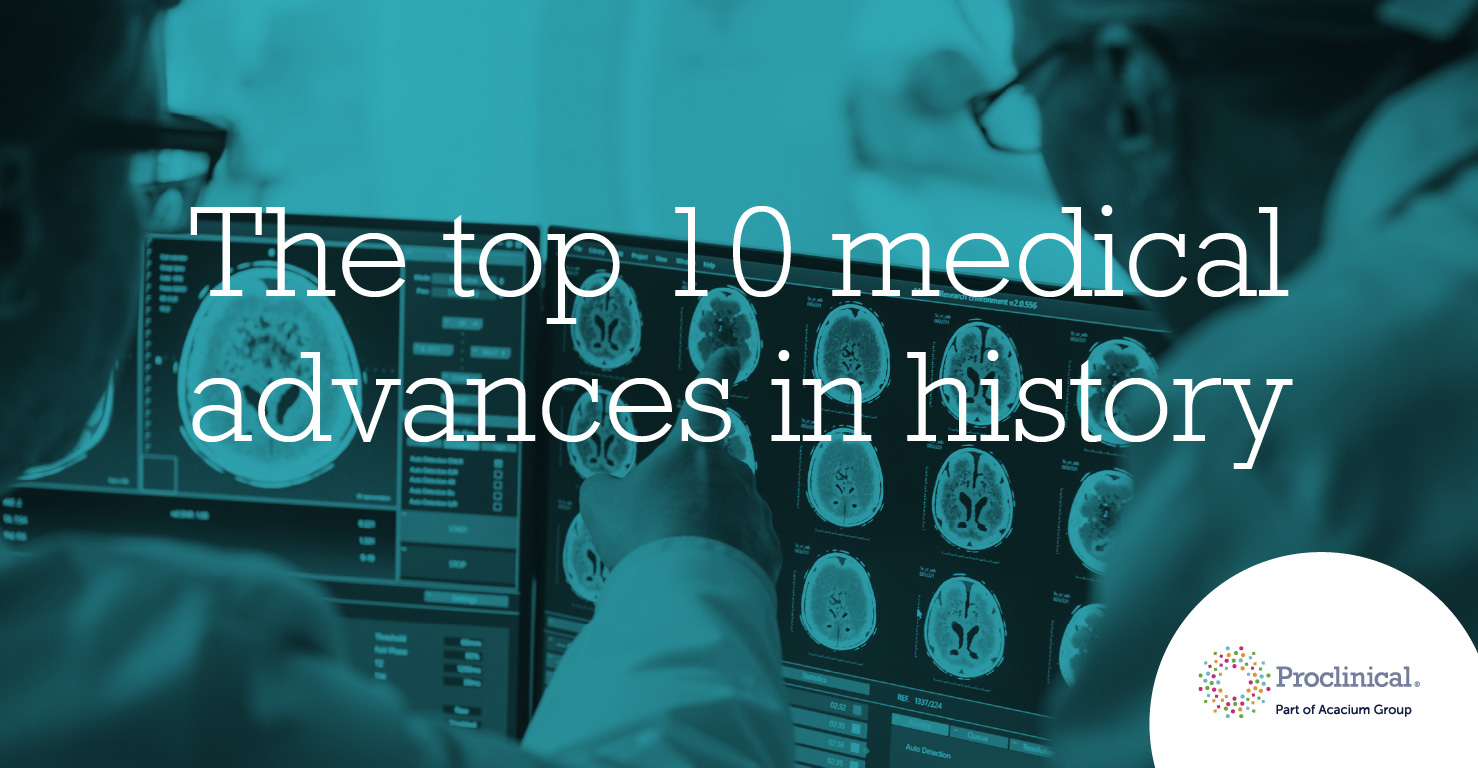Need help getting a clinical research job?
Whether you can’t seem to get an interview, or you’re falling at the final hurdle, we have plenty of resources to strengthen your chances of landing your ideal clinical research job.
Take a look at our latest career advice articles for helpful tips from the experts. Additionally, have a read of these articles for help with advancing your clinical research career
What is it like to work in clinical research?
Clinical research plays a vital role in developing new medicine. Therefore, in a clinical research job, you’re making a massive impact on people’s lives. Even when your work doesn’t lead to a direct breakthrough, all the work you do is recorded so other scientists can use your work in the future to accelerate their own research, as proven with the Covid-19 vaccines.
Pushing and developing yourself is a part of daily life in a clinical research career. There’s often scope to develop your role and career, especially when involved with one of the larger life sciences companies, or a rapidly growing one.
As a clinical researcher, your role is a varied one. Depending on your specific job within the sector, your typical week could involve setting up studies, travelling to research areas, holding meetings with stakeholders of studies, writing reports, and much more.
What skills and experience do you need for a clinical research job?
There are many job roles in the clinical research sector, however there are a few skills which recruiters look for when hiring for these roles, which could give you the edge when it comes to applying for a vacancy.
Most candidates will have a master’s degree in a life sciences subject, and a PHD would be advantageous when applying for roles. These qualifications are not always necessary but would aid you in the initial application process as well as moving forward in your career when looking for promotions.
Critical thinking is an important skill in all clinical research roles. Decisions and judgements need to be formed from analysis, evidence, observations and more. Therefore, critical thinking is required to make sense of all data gathered and come to a conclusion.
Attention to detail is also an important skill in most clinical research roles. When research is being carried out for things like new drugs and medical devices that can save people’s lives, missing key information during the production can be detrimental.
Life sciences is a fast-moving industry, which means it is important to be adaptable and manage change well. Covid 19 is just one example of a time where the industry was forced to quickly shift focus with minimal warning. Those quickest to adapt were more likely to have made the biggest difference. Therefore, showing a recruiter an example of when you adapted quickly and managed change well could help you stand out in the recruitment process.

















